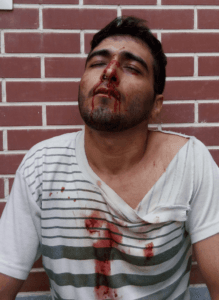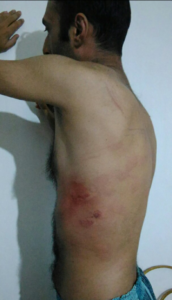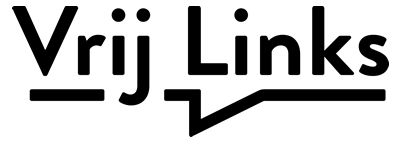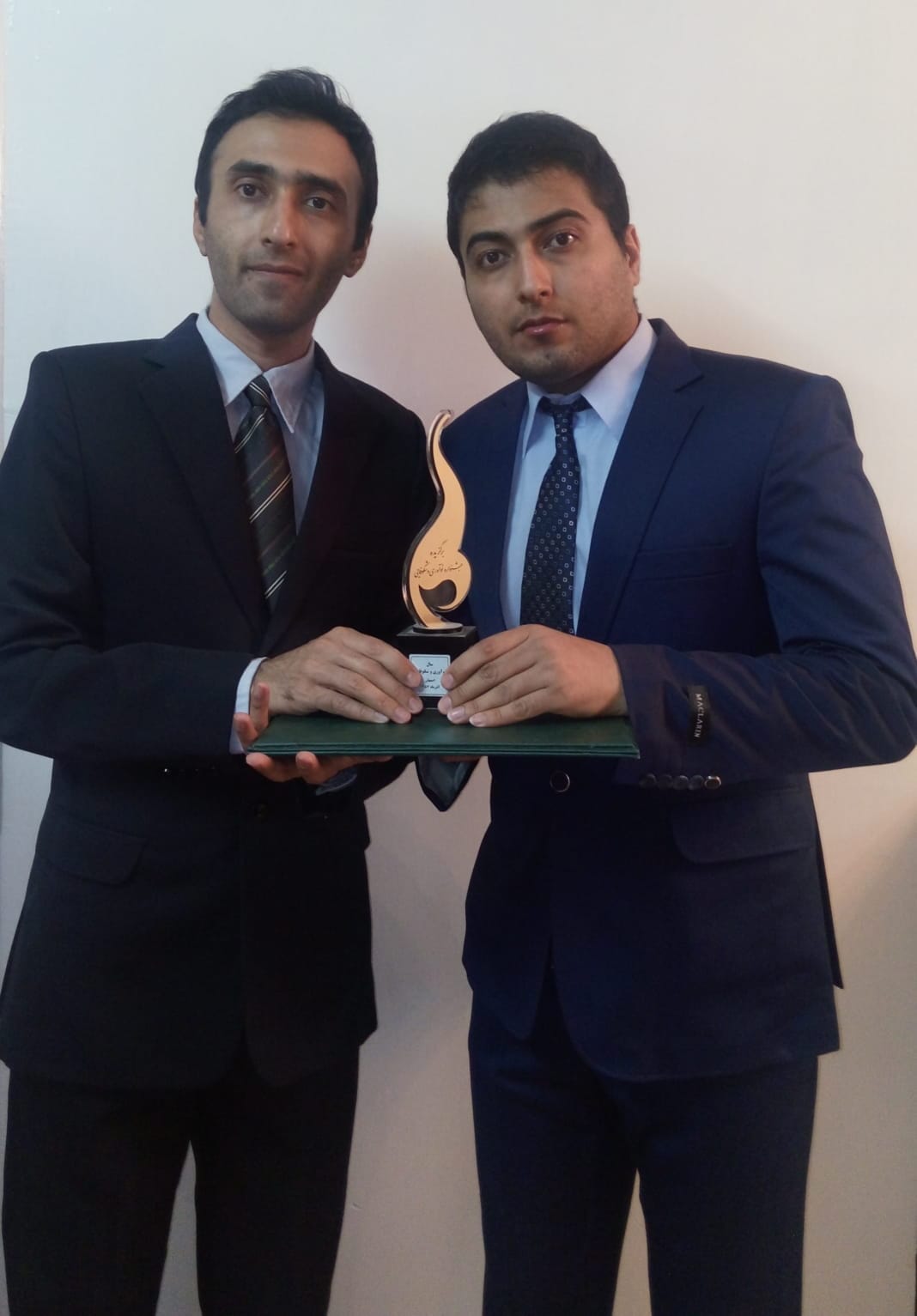‘We don’t want to engage in any political or religious activities,’ say Shahin and Jahangir Gavanji. ‘We only want to focus on children’s rights.’ But in Iran, the brothers have been threatened and assaulted by fundamentalists, because they are ambassadors for My Body is My Body, an educational program against child abuse. Now they are reaching out to the world for help: ‘Our lives are in serious danger.’
As researchers, the Gavanji brothers have received various awards in their home country. They were chosen as the best young inventors and scientists of Iran in 2009 and 2010. They have also won several medals and awards at international science festivals in Germany, Poland and Croatia.
In addition to their scientific work, they are active in various ways to draw attention to human rights, such as campaigns against women and child abuse and against child marriage. Since 2018 they have been active as ambassadors for My Body is My Body. This is an educational program consisting of cheerful songs, to make children aware of the rights they have to decide over their own bodies. The program is available in 21 languages. The Gavanji brothers have translated the program into Farsi and they have organized and facilitated information classes for children and their parents in Iran.
What motivated you to become ambassadors for My Body is My Body? How big is the problem of child abuse in Iran?
Shahin: ‘Child abuse is a serious problem worldwide, the scope of which varies from country to country. We are convinced that one of the ways to tackle this problem is to create awareness.
‘Unfortunately, children in Iran are not protected against various forms of abuse. We are dealing with several problems. Such as child marriage: unfortunately, girls in Iran can be forced into arranged marriages from the age of thirteen, which denies them the right to education, health and safety. There are up to forty thousand registered marriages of children between the ages of eleven and fourteen, and more than three hundred marriages of girls under the age of nine. Physical abuse is also one of the most ignored problems: sexual abuse in particular is a taboo subject. Child labor is another problem. According to the UN, there are three million child workers in Iran, but Iranian NGOs estimate that there are seven million.
‘In addition, people who want to prevent child abuse, child labor and child marriage are strongly criticized by a group of fanatics. They believe that any activity in this area is a plea for the UN’s 2030 Sustainable Development Goals (SDGs), which they find unacceptable to Iran based on our religion. They believe that in Iran everything should be based on Islam and the Quran. They think that the 17 SDGs are disastrous and think that implementing them will lead the youth and future generations to losing their Islamic principles, because the goals would promote a Western lifestyle instead of one based on the principles of Islam. So many people are afraid to discuss problems openly, because these fanatics will criticize and condemn them.
‘That’s why my brother and I decided to break this taboo and help children.’
How did the general public respond to your activities?
‘Many Iranians were very happy with our educational programs. We have received support from children and their parents on a daily basis. We were also invited by many people to organize our classes in cities and in the countryside.
‘In a lot of places we noticed that many parents and children did not know how to prevent child abuse. They were very happy with the explanations and information they got from participating in our program. They could make a difference and help and protect their children. Many parents distributed our educational brochures to family members.
‘We dreamed of developing our campaign in Iran and, step by step, giving our program an urgent place in every school. But unfortunately, a radical group has ruined everything – including our lives.’
What happened?

‘Unfortunately, they attacked us physically, beat us horribly, and threw hydrochloric acid through the windows of our homes and offices. They said, “Away with you, you are representatives of America, Israel and the United Kingdom.” It was a terrible experience, like a nightmare. I still have very graphic memories of the day we were assaulted. They molested us with tasers and truncheons. I can still vividly remember the voice of the person saying they would kill both of us.
‘We have been going through a horrific journey for months. We went into hiding in the countryside and were afraid that the radicals would throw acid in our faces or kill us. Because of our miserable situation, my brother Jahangir lost 30 pounds within a month. He no longer has any feeling in his leg and can no longer walk properly.’

What does it take to continue your activities? How can our readers help you?
‘We have launched a petition to make our voices heard by the United Nations. We ask all journalists, human rights organizations and governments to listen to us and help us. We do not want to be active on a political or religious basis, but only help children and make the world a safer place for them. We have many new ideas to help and empower children worldwide, but we need help.
‘At the moment we are going through a very difficult time. We need the support of the world to live without fear, because our lives are in serious danger. All we want to do is help children. We hope for a bright future for them, both in Iran and worldwide.
‘Please be our voice.’
For more information, visit the My Body is My Body website and sign the petition that the brothers want to offer to the United Nations here.
Pictures: Shahin and Jahangir Gavanji







